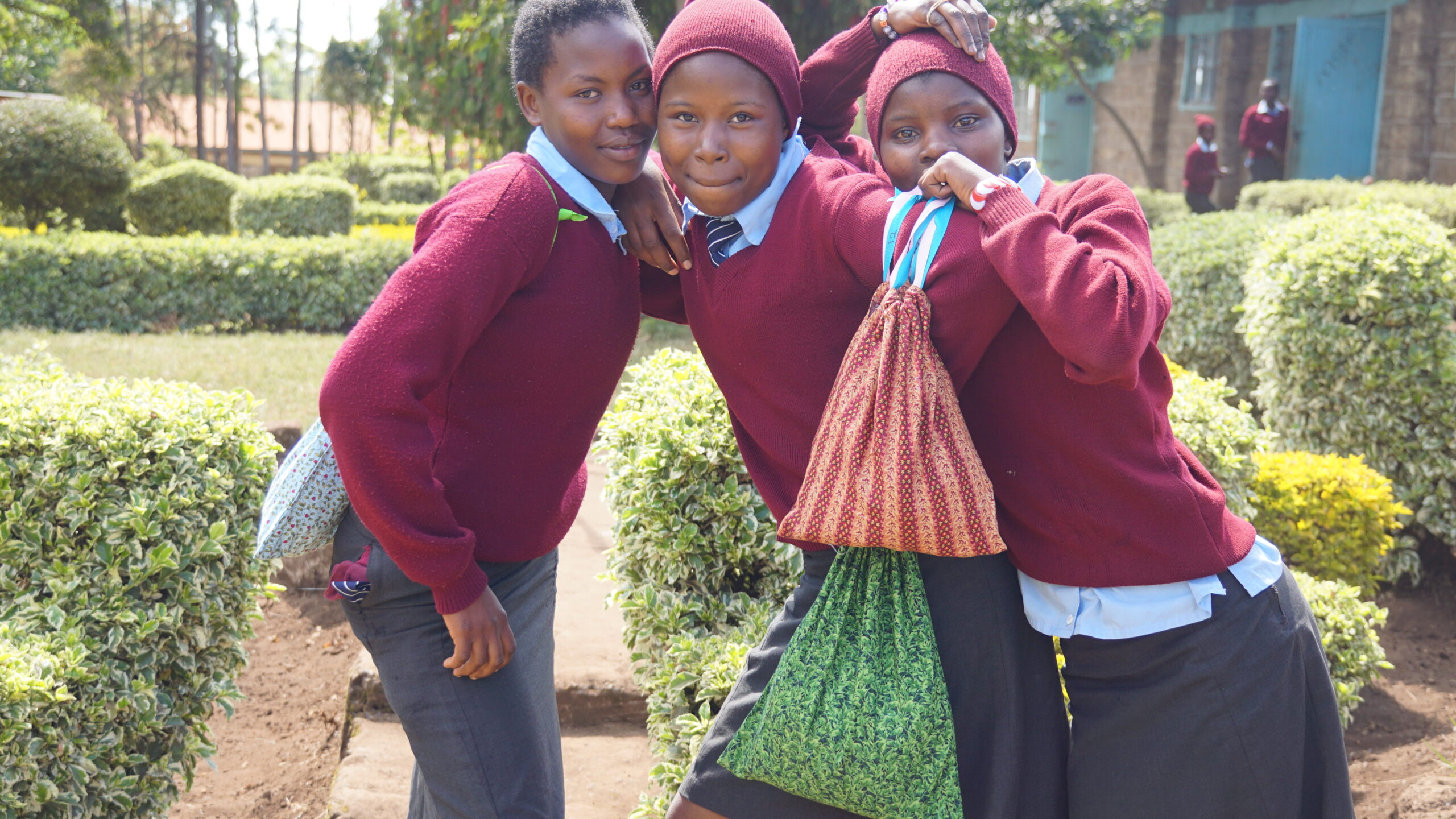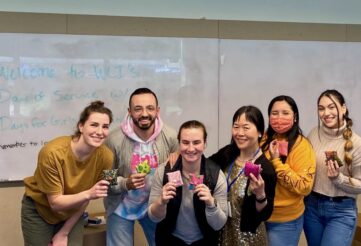Webinar Recap: Advancing Menstrual Health in South African Schools

The theme for this year’s International Day of the Girl was Girls’ Vision for the Future. It highlighted the hope that girls everywhere have for their future and raised awareness about the importance of investing in girls.
On Wednesday, November 6, South Africa’s Department of Basic Education (DBE), Days for Girls, MIET Africa, and UNICEF hosted a webinar titled, “Advancing Menstrual Health in South African Schools: Aligning with Girls' Vision for the Future.” The webinar featured speakers from the DBE and the hosting organizations.
Participants gained insights into the current state of menstrual health (MH) education, programs, and resources for girls and people with periods in South Africa. In addition, attendees heard findings from MIET Africa’s study on sustainable MH practices in South African schools, including the importance of informed product choice and the challenges to safe waste management practices. Lastly, attendees learned about the DBE’s MH Health Guidelines for schools, developed with support from UNESCO, UNICEF, and MIET Africa. Webinar attendees also heard about systemic solutions for supporting girls in South Africa.

Key data findings from the MIET Africa study on sustainable MH practices in South African schools include:
- Survey results demonstrated a positive shift in traditionally held attitudes toward washable pads, with 82% of learners reporting that they would be willing to try a washable pad.
- In the post-survey, 63% of learners said they would recommend DfG washable pads.
- One of the primary issues facing MH management in South Africa is the safe disposal of products – 51% of learners reported that there were no facilities (in their communities and/or homes) for them to dispose of used products.
Potential Solutions to these issues that were discussed during the webinar include:
- Education – Providing age-appropriate information to learners is an important element for overcoming MH challenges. In addition to discussing the physical health aspects, education should also address myths, taboos, and stigma associated with menstruation and help students engage in constructive conversations around MH.

- Taking practical action – One of the best ways to begin taking menstrual-friendly action in schools is through practical adjustments. This can include ensuring that sanitation facilities are stocked with basic supplies (e.g., toilet rolls), adding locks to latrine doors, or providing a basket or cardboard box for learners to dispose of used products.
- Engaging Boys – Including boys in MH education can help foster empathy between boy and girl learners and deconstruct some of the stigma associated with menstruation. Additionally, men can make an impact by role-modeling menstrual-positive attitudes and encouraging boys to participate in MH education.
- Ideal vs. Essential Environments – It is important to recognize that many South African schools face resource limitations. Even if a school cannot meet an ideal scenario for girls (e.g., comprehensive MH education), they can still take minimum action toward providing some resources or creating a more menstrual-positive environment.
- Support Girls – Supporting people with periods is a vital step in promoting gender equality and unlocking students’ academic and personal potential. Schools can support learners by encouraging them to participate fully in their education, attend school regularly without fear or shame, and engage in classroom and extracurricular activities.

Girls’ Vision for the Future
This webinar demonstrated how menstrual health education and product choice can support girls to make informed decisions for their health. Combined with destigmatization efforts and prioritization of menstrual health in South African schools, girls can participate in their educational experience safely and confidently.
By supporting girls with comprehensive education and resources, we can help them realize their vision for the future.
Watch the full webinar here.









